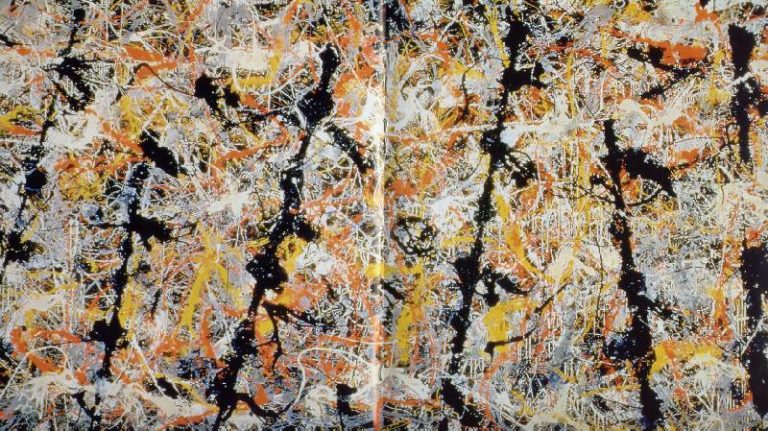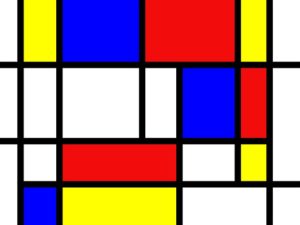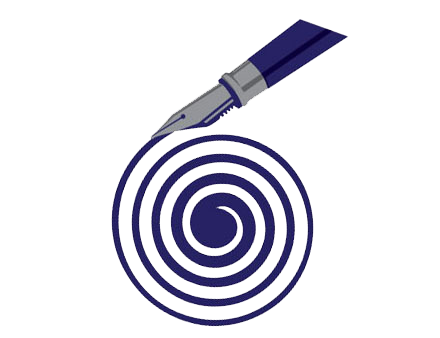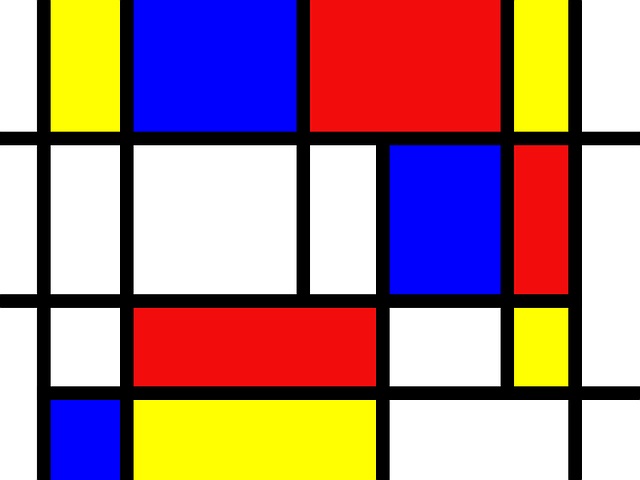
Even if you don’t know much about art (it’s OK, I don’t either), you probably have an opinion of abstract art. Some people love it, some hate it, and still others are just plain bewildered, wondering what the point of it is.
Abstraction generally means distancing an idea from the thing in objective reality that it refers to. So in art, an abstract depiction doesn’t correspond to all (or in some cases, any) points of reference that we can see out there in the world. Perhaps it’s this characteristic of abstract art that turns some people off.
But abstraction isn’t just for art; you can find it in writing too. Abstract nouns name concepts, beliefs, qualities, attributes, and ideas—that is, things we can’t touch. Examples include words such as perspective, concept, condition, issue, process, role, strategy, and tendency.
Some abstract nouns are called nominalizations because they are derived from verbs that have been turned into nouns. You can easily recognize many of these by their endings, such as –ance, -ment, -tion, or -ing: prevention, avoidance, assertion, presentation, assessment, comprehension, and exclusion.
What do those sorts of words remind you of? Maybe a legal document, a government website, or an academic research paper? That’s precisely why those types of writing are often difficult to read and understand—because they’re filled with abstract nouns.
Let’s look at an example:
Local government is currently operating in a climate of expectation to constrain expenditure, increase productivity, and improve the level of service to the community.
Where are the abstract nouns, the intangibles?
Local government is currently operating in a climate of expectation to constrain expenditure, increase productivity, and improve the level of service to the community.
For our purposes today, let’s zero in on the underlined words. (Note that “government” and “community” are also abstract nouns, but we’ll leave them alone since we don’t have much context here.) You can begin to see the problem of using so many abstract nouns—namely, what exactly does this sentence mean? My best guess is something like this:
Local government currently expects to cut spending, produce more [what?], and provide better services to the community.
Much clearer, isn’t it? (But we still don’t know what the local government is supposed to produce more of, nor what services they are to provide.)
Notice how we’ve reversed the nominalizations back to verbs: “expects” instead of “climate of expectation” and “produce more…” instead of “increase productivity.” Remember that verbs describe action, which makes for clearer, more active, and more interesting sentences.
The word “spending” is also an abstract noun like “expenditure,” but it’s clearer because it’s a simpler word. It also comes more directly from a verb, since it’s a verbal noun, also known as a gerund.
Finally, “provide better services” wins over “improve level of service” because it is more concrete (the opposite of abstract). Think about it: just what is a “level” anyway, and how do you “improve” one? This points up another hallmark of abstract nouns: they are often paired with a relatively empty verb, such as make, do, have, bring, put, and take. We had another example of such a verb plus abstract noun in this example: “increase productivity” instead of “produce more…”
Did you notice anything else about our example? Did you get the feeling while reading it that maybe the writer was trying to hide something? Of course, we can’t tell for sure in this case, but now you can see another danger of writing this way. Do you want your readers to think you are keeping something from them?
If you’d like to dive down a very deep rabbit hole, there’s plenty of great information out there on abstraction in writing and the ways it’s used to evade or conceal the truth. The example above comes from a somewhat dated but still interesting book called Doublespeak by William Lutz. (I am not an Amazon affiliate and do not make any money from this endorsement.) For more good bad examples you can also check out this link as well as this one (scroll down to get to the article).
Finally, if you’re really brave and would like to see what is quite possibly the absolute worst example of abstract writing ever, check out this monster.
This link is NOT for the faint of heart—you have been warned!
Please feel free to comment below with your own examples of abstractions. Can you beat that final example? 😊


